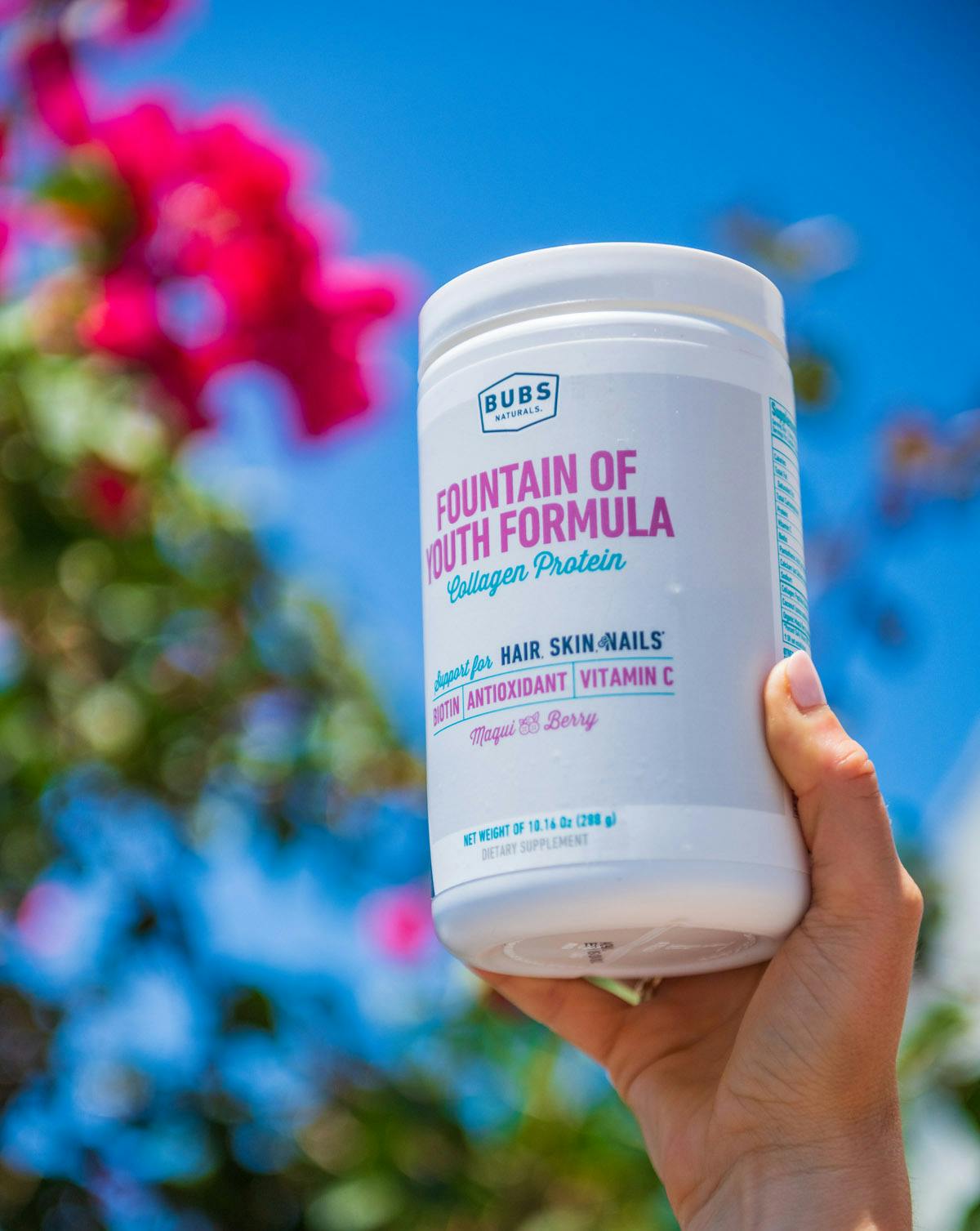
Can Collagen Help With Respiratory Health?
Sean Lake
over 2 years ago
Taking Care of Your Respiratory Health This Spring
We have moved from cold and flu season straight into the allergy season that comes with spring. Between the two, we’ve been thinking a lot about our lungs and how we can give our respiratory health a boost. Unfortunately, fresh air can be hard to come by, and our lungs are threatened by pollutants and irritants on a regular basis, even if we ourselves are healthy. Dust, mold, pollen and of course air pollution, all contribute greatly to the health of our lungs and air passages. With lockdowns in place for over a year now, many of us have spent more time inside, breathing less than ideal air. Respiratory health refers to the lungs, airways and blood vessels that help you breathe free from disease. It also means that our lungs and blood vessels are healthy and strong. Our respiratory health is an important part of living a long, active life.
Here are five simple ways to start improving your respiratory health now.
•
Take care of your indoor air
We are more likely to spend more time inside in the winter, but as we return to the office and have less flexibility with how and where we work, many of us still spend most of our days indoors. Heading inside may even be a source of relief if you suffer from allergies and asthma. But there are plenty of triggers for allergies and respiratory illnesses inside too.
Luckily there are plenty of ways to take care of the air inside.
• Change your air filters regularly
• Use a dehumidifier: reducing humidity can prevent common allergens such as mold from growing indoors
• Invest in an air purifier with a HEPA filter to rid the air of common pollutants and irritants
•
Avoid tobacco smoke
Good news for lungs in the United States! In general, cigarette smoking has declined in the US, even reaching an all-time low. However, that doesn’t mean that it has gone away, or that you aren’t still feeling the effects. Smokers are susceptible to emphysema, even after they quit. Secondhand smoke affects lung function long after exposure. In fact, exposure to secondhand smoke as a child can still affect the lungs even into adulthood causing COPD, asthma, and arrhythmia. There is no known treatment for reversing exposure to secondhand smoke. The best you can do in the future is prevention.
The good news for people who do smoke is that stopping is always better than continuing to smoke, and studies have found that the lungs do work to repair themselves after you quit smoking.
•
Be wary of those houseplants
Houseplants are always in style and now more than ever. However, you may want to proceed with caution if you suffer from allergies.
While houseplants do purify the air, they can also pose problems with people who suffer allergies and other respiratory issues. Like other plants, they release pollen throughout the year. Some houseplants are also prone to mold. If you notice that you are experiencing allergies even while inside, you may want to consider moving your plants outside or out of your sleeping areas to see if your allergies improve.
•
Exercise for your respiratory health
Aerobic exercise is all about air. Did you know that the word “aerobic” means “relating to oxygen?”
Aerobic exercises such as running, jumping rope, and swimming engage your respiratory system, giving your heart and lungs the workout they need to function properly. Strengthening exercises such as pilates and weightlifting are also good for the heart and lungs as they improve posture, thus toning muscles involved in breathing.
•
Lowering inflammation
Our bodies experience inflammation for many reasons, but the primary goal of inflammation is to fight off infection. Sometimes triggers such as allergens, pollutants, and high-inflammatory food set off the inflammatory response when we don’t need it, leaving us sick, tired, and susceptible to other illnesses and autoimmune disorders.
Some studies have found a link between increased systemic inflammation and lung health. While the exact reason is still unknown, scientists have found that systemic inflammation is associated with poor lung function, and vice versa: young adults with reduced lung function had higher inflammation. While more research certainly needs to be done on the exact relationship between inflammation and respiratory, high inflammation can lead to countless other health issues, so it is always good to get inflammation under control.
One way of reducing inflammation is by sealing the gut through diet and supplements such as collagen. The gut needs amino acids found in collagen to build up its lining and keep out disruptive particles that cause inflammation in the rest of the body.
Your body needs BUBS
Collagen is one of the most abundant proteins in the body. Often referred to as “the glue” that holds the body together, it contributes to many of the body’s connective tissues, including cartilage, tendons, and ligaments. As we age, our collagen breaks down. This is a natural part of aging and a result of the general wear and tear of life including exercise, sun, and exposure to pollutants. And while our bodies make collagen on their own from amino acids in our food, production slows down as well as the body races to meet increasing demands. BUBS Naturals provides the amino acids needed to keep up. Check out our original collagen peptides or our Fountain of Youth Formula Collagen Protein Powder.